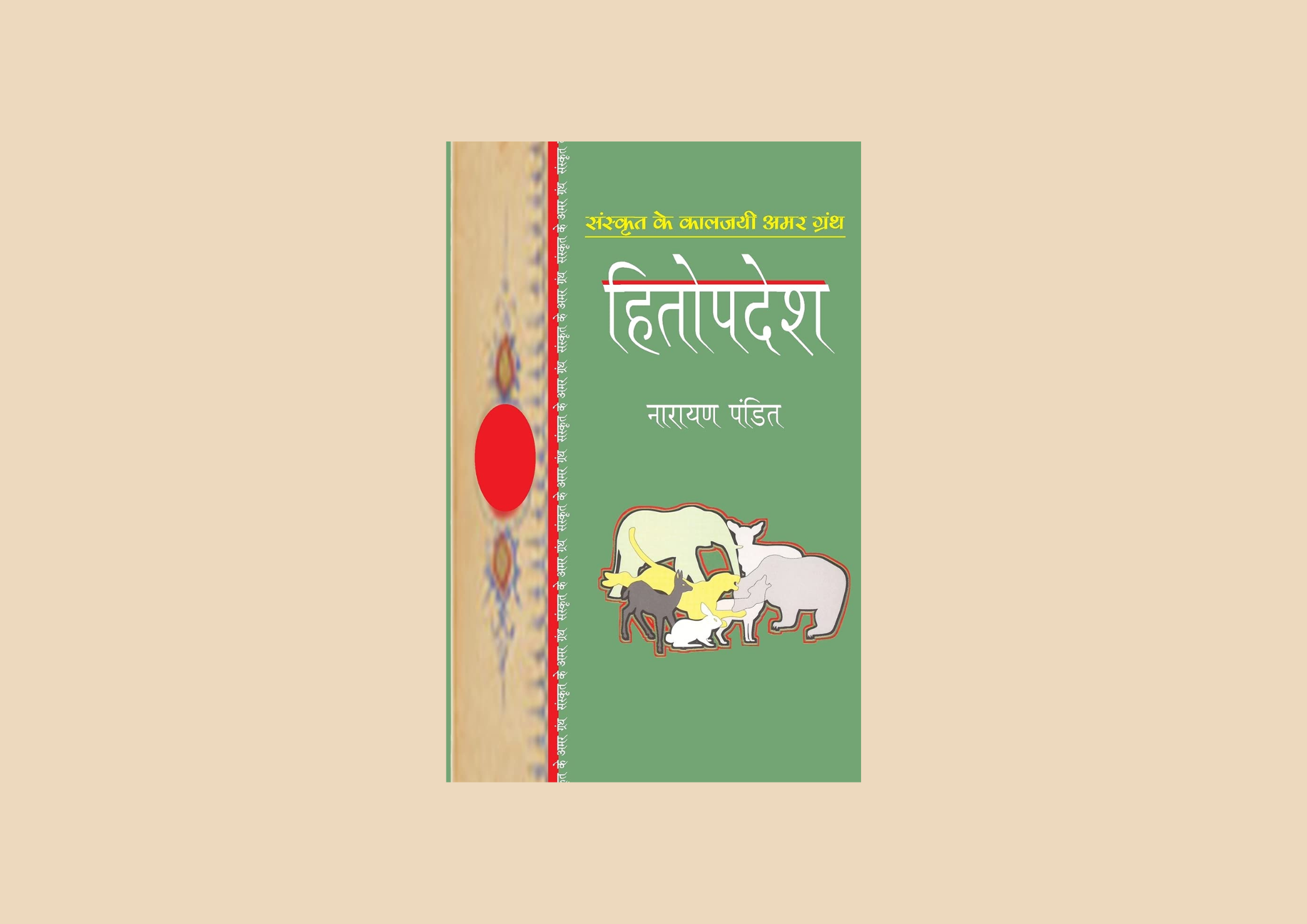Financial Wisdom from the Hitopadesa: Balancing Wealth and Contentment

Table of Contents
The Hitopadesa is an ancient Indian text that contains teachings on various aspects of life, including financial wisdom. Here are a few key principles found in the Hitopadesa:
“The man who is contented with what he has will never become poor; the man who continues to increase his wealth increases his cares.”
This principle highlights the importance of contentment and balance in managing one’s finances.
It suggests that those who are content with what they have will never have to worry about poverty, but those who are always looking for more will find themselves in a constant state of worry.
Contentment is considered a keystone for financial stability, as it helps to avoid unnecessary expenses and stress, which is associated with the desire for more.
“Wealth is not an end in itself, but a means to an end.”
This principle suggests that wealth should not be the ultimate goal in life but rather a means to achieve other goals, such as security, happiness and the ability to help others.
It encourages individuals to use wealth for the betterment of themselves and their community and not to hoard it for the sake of hoarding.
“Wealth is a test of a man’s character.”
This principle suggests that the way one acquires and uses wealth can reveal one’s true character.
It emphasises the importance of earning wealth ethically and using it responsibly. It is believed that a person’s true character is revealed by how he or she acquires and uses wealth.
“A man who has wealth and is generous is like a tree that gives shade to others.”
This principle emphasises the importance of generosity and giving back.
It suggests that those who are wealthy and use their wealth to help others will be remembered and respected in the same way as a tree that provides shade to others.
It encourages individuals to be generous and use their wealth for the betterment of others.
“A man who saves his wealth and does not share it with others is like a bird that collects food for itself but does not feed its young.”
This principle emphasises the importance of sharing one’s wealth with others.
It suggests that those who hoard their wealth and do not use it to help others are like birds that collect food for themselves but do not feed their young.
It encourages individuals to be generous and share their wealth with others, especially those in need.
“The wealth of a man who is not contented is like a river that is always flowing and never filling.”
This principle highlights the importance of contentment in managing one’s finances.
It suggests that those who are never satisfied with what they have will always be chasing after more, like a river that is always flowing but never filling.
It encourages individuals to be content with what they have and not to be consumed by the desire for more wealth.
In summary, the Hitopadesa offers valuable insights into the importance of contentment, balance, ethical behaviour, generosity, sharing and the true purpose of wealth.
It suggests that wealth should be used as a means to an end and not as an ultimate goal and that it is a test of one’s character and how one should behave ethically, responsibly and with generosity.
